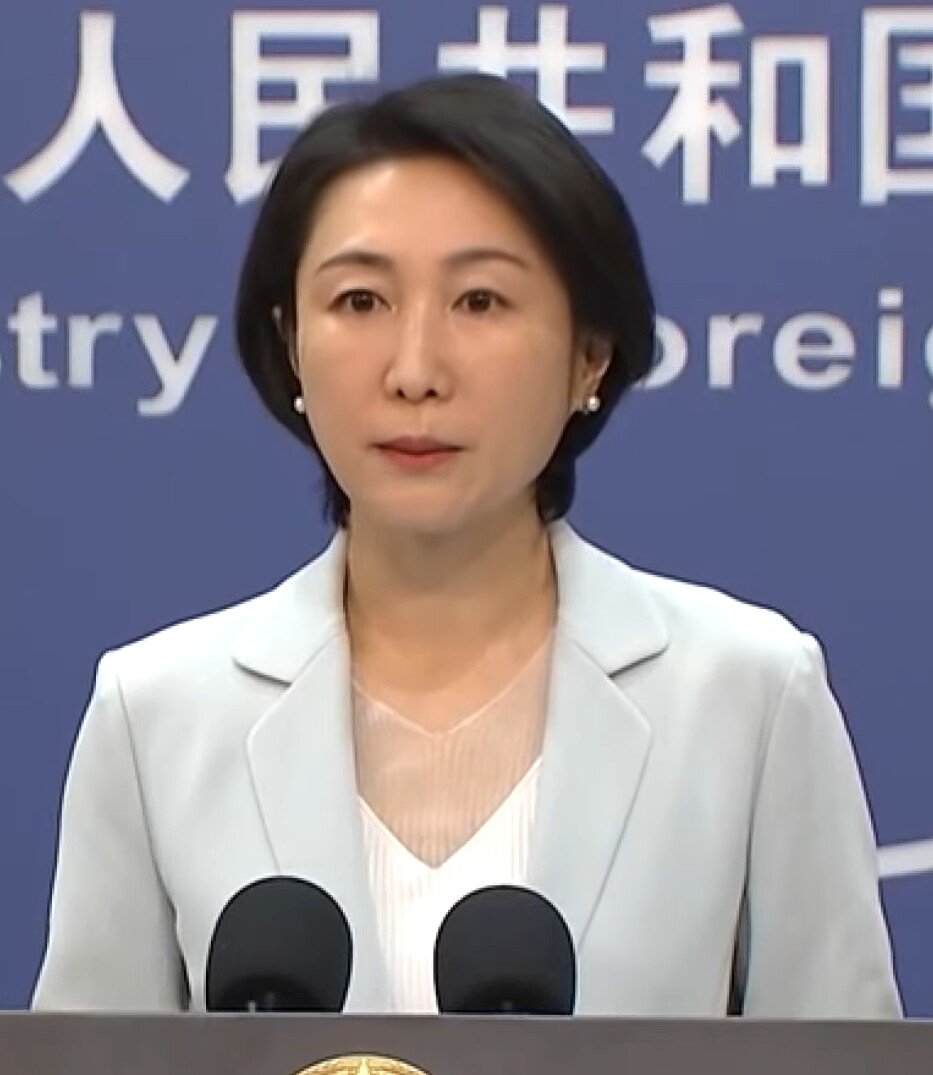China Accuses Canada of Spreading Disinformation Amidst Deepfake Controversy
In a turn of events that has escalated the already taut ties between China and Canada, the Chinese Foreign Ministry held a press briefing on Tuesday in which it called upon Canada to “respect facts and truth.” At the heart of this controversy is a statement from the Canadian foreign ministry, which alleges that a China-linked organization is behind the online spread of disinformation targeting Prime Minister Justin Trudeau and other top Canadian officials, using tactics ranging from misleading comments to the alarming use of “deepfake” videos.
Foreign Ministry spokesperson Mao Ning, addressing the media at this regular briefing, sharply criticized the Canadian claims. “The so-called statement by Canada’s foreign ministry misrepresents facts and is very misleading. We deplore and firmly oppose these trumped-up charges against China,” Mao said.
For the uninitiated, “deepfake” videos use artificial intelligence to create hyper-realistic but entirely fake content in which individuals appear to say or do things they have not. The potential misuse of this technology, especially in the realm of politics and public opinion, has been a rising concern on the global stage.
The Canadian claim, which has become a significant diplomatic sore point, is that an organization with ties to China has been saturating the internet with these misleading pieces of content. The intent, as per the Canadian foreign ministry, is to tarnish the reputation of senior officials including Prime Minister Justin Trudeau and several Members of Parliaments.
However, Mao Ning rebuked these claims, emphasizing that they are baseless. She noted that on multiple instances in the past, Canada has levied accusations against China for purportedly spearheading disinformation campaigns against Canadian politicians, but has consistently failed to produce tangible evidence to back its claims.
Moreover, she counter-accused Canada of being the primary actor in the disinformation war. “For a while now, the Canadian side has perpetuated lies pertaining to regions like Xinjiang, Xizang, and Hong Kong with the sole intent of maligning China. The actuality is that it is Canada which stands guilty of producing and circulating falsehoods,” the spokesperson asserted.
China’s exhortation for Canada to halt the spread of “China-related lies” is reflective of the broader sentiment in Beijing that Western nations are out to undermine its global stature. Experts posit that the ongoing contention can be viewed against the backdrop of larger geopolitical power plays, with countries using disinformation claims as one of the many tools in their diplomatic arsenals.
Dr. Helena Wu, an analyst specializing in Sino-Canadian relations, opined, “The current situation is emblematic of the larger distrust and competitive dynamics between China and Western countries, especially the Five Eyes alliance. Both nations have their narratives, but what’s undeniable is that the era of straightforward diplomacy seems to be waning. Today’s world is characterized by the strategic use of information, and sometimes misinformation, as an extension of statecraft.”
The controversy raises significant questions on the role of technology in international relations. The ease with which narratives can be constructed, deconstructed, and reconstructed using digital tools has added layers of complexity to international diplomacy. Nations now have to grapple with not only traditional channels of communication but also an ever-expanding digital battleground.
In the immediate aftermath of the press briefing, several international relations experts took to social media and other platforms to express their views. While some sided with China, viewing Canada’s claims as an extension of the West’s “contain China” strategy, others were skeptical of Beijing’s counter-allegations.
Julian Fernandes, a cybersecurity expert based in Toronto, commented on the situation, “The technology to create deepfakes is becoming increasingly accessible. While it’s vital to ensure that nations do not misuse this to further their diplomatic goals, it’s equally crucial to approach every claim with a degree of skepticism. Verifiable evidence must be the cornerstone of any serious allegation.”
The onus now lies on both China and Canada to navigate this complex situation. With the global community keenly observing, how these two nations manage their bilateral ties amidst these accusations and counter-accusations could set a precedent for international diplomacy in the age of digital disinformation.
For now, as the world awaits a potential Canadian response, one thing is clear: in today’s interconnected digital age, the lines between fact and fiction are blurrier than ever, and the realm of international diplomacy is no exception.
Read More:
